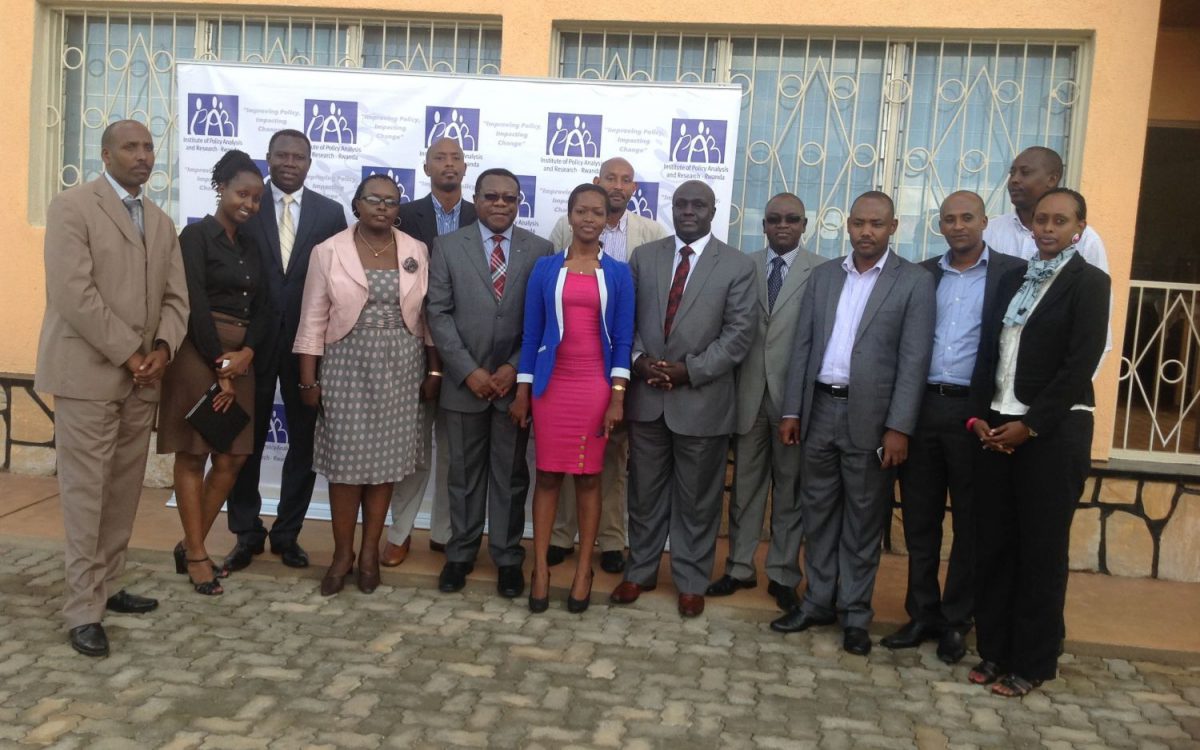We are pleased to share the announcement of the publication of an excellent review of east African policies on biodiversity informatics by Dr. Aime Tsinda, Roger Mugisha, Lillian Mutesi, Alfred Bizoza and Pamela Abbott at the Institute for Policy Analysis and Research in Rwanda (project website). The article, which appeared in the most recent issue of The African Technopolitan Magazine, published by the African Center for Technology Studies, summarizes the institutional landscape of biodiversity information in the region, identifying national barriers and enabling conditions for the successful assembly and maintenance of data related to biodiversity (download the full issue of the magazine).
This article is particularly notable for being – to our knowledge – the first ever African policy publication reviewing the biodiversity information landscape outside of South Africa. This review highlights the growing awareness about the importance of sufficient high-quality information on the species living in some of the fastest-developing regions worldwide.
In characterizing the role that national governments and institutions play in the management of biodiversity informatics, the IPAR team identified common drivers of biodiversity informatics capacity in eastern African countries, as well as common barriers to effective implementation of informatics infrastructure. For all of the countries studied, the impetus to catalogue biodiversity comes from outside, for instance from commitments to international agreements such as the Convention on Biological Diversity’s 2010 Biodiversity Target, as well as within national borders. Many national policies are already in place for the protection and conservation of biodiversity.
To support those commitments, Dr. Tsinda and colleagues say that the institutional framework for assembling and maintaining biodiversity informatics needs to be improved, reducing redundancy, confusion, and ambiguity in the roles of government sectors, and clarifying who is responsible for which components of the data management process.
Regional policy research such as this is a critical component of sustainable economic development that safeguards some of the richest ecosystems in the world.
Download the full issue of the magazine here. Dr. Tsinda’s article begins on page 72.

